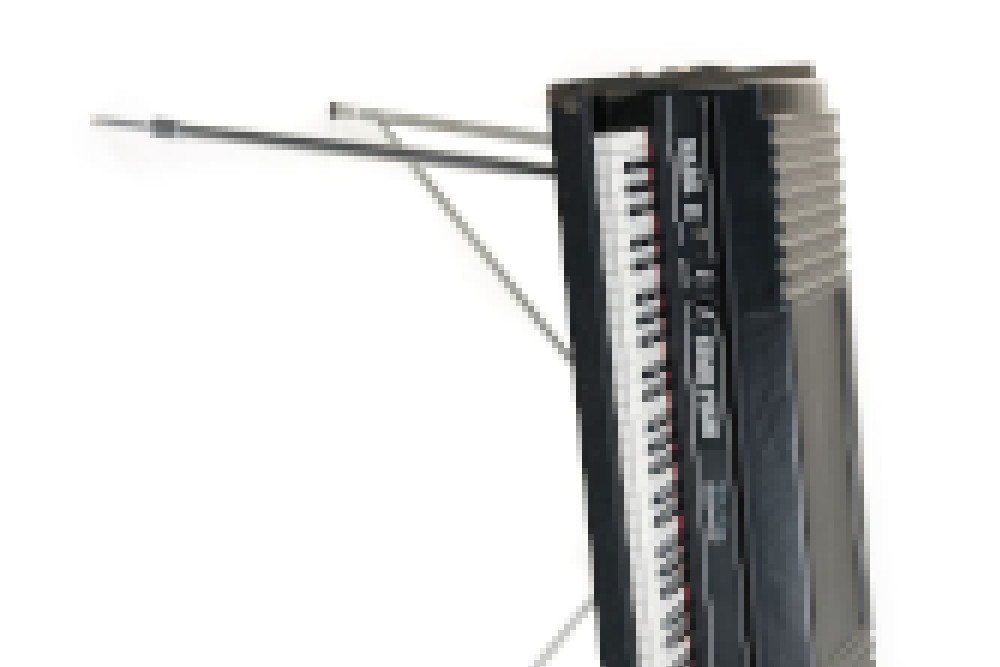March 1, 2021
I could say “consider the electric guitar,” and proceed down a similar path. But I feel smoother these days, and maybe older too. I don’t care to go on about Les Paul, Jimi Hendrix, Stevie Ray Vaughan, Tom Morello or any other pioneer of the guitar qua electric instrument. Instead, let’s focus on the Fender Rhodes, and some musicians we’ve never heard of.
My premise in this web-spelunking-meets-musical-rabbit-hole-reflection is simple: these electric instruments, in attempting to simulate acoustic instruments, become separate instruments to themselves, birthing new genres of expression and sliding into new idioms of sound and music. This same phenomena occurs whenever we alter our tools of expression. Even when we endeavor to create tools for—or simulations of—existing phenomena we end up creating new instruments of expression themselves.
The parallel here is apparent: the instruments on which we express our songs of experience change and so insist that the song change too.
If you haven’t heard of the Fender Rhodes before you almost certainly have heard it. Here is Los Angeles-based jazz pianist Julian Waterfall Pollack:
The Rhodes is one popular electric keyboard among many. The keys function similar to typical hammer-action piano, but instead of striking strings, the hammers strike tines which are amplified through electromagnetic pickups. Without the amplifier, the Rhodes sounds like this:
While the keyboard was invented primarily as a tool to increase access to pianos for practice, the electric piano (as well as the electric guitar) blossomed because of its capacity to amplify the individual performance. Like the electric guitar, the quality and tone of the amplification is a crucial part of the expression of the instrument.
And like the electric guitar, it was not simply enough to play the old nylon string classics—but louder. The instrument demanded new expressions for itself. You can try to play songs written for the upright, family Steinway—it has all the same keys and notes. But if you want to make it sing, the instrument will insist you play it with an imaginative snap to your wrist and fresh rhythms in your fingers.
In considering the song of our social experience, it’s worth noting that we play on the keys of an electric keyboard. The keys are weighted similarly, but they strike differently. The balance of the sound is familiar, but touches my inner ear slightly askew. It is constructed with the same grammar of notes and musicality; I speak the language, but it chats back in a strange accent, an odd slang.
There are many routes to take this analog between the musical and social instruments on which we express and communicate the song of our experience.
For simplicity sake: consider the Rhodes. When you tap on the electric keys of your keyboard consider the subtleties in its tone, reverb, amplification and timbre. Consider how an expression insists on change when moved from one instrument to another, even if intended as a one-for-one simulation. Consider how old expressions sound on new instruments. Consider what family tunes we want to make sing in new electronic voice. Consider what we might play—or stop playing—if we looked down to see we’re not playing grandmother’s Steinway anymore.
(For more dulcet mastery of the Rhodes—visit Polish pianist Marcin Grochowina and his solo-Rhodes albums.)



